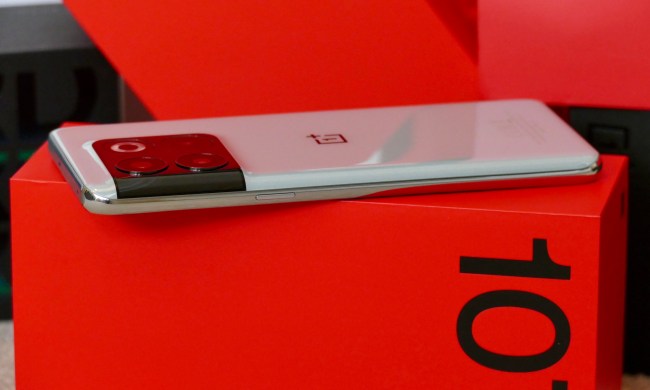 Mobile customers crestfallen with the way their “unlimited” data plans have been throttled by wireless carriers may take comfort in knowing that nothing lasts forever in the world of mobile broadband: In the future, data use will likely be billed down to the kilobyte, and probably based on what you do, not how much you use. So much for tiered data plans — enjoy them while you can.
Mobile customers crestfallen with the way their “unlimited” data plans have been throttled by wireless carriers may take comfort in knowing that nothing lasts forever in the world of mobile broadband: In the future, data use will likely be billed down to the kilobyte, and probably based on what you do, not how much you use. So much for tiered data plans — enjoy them while you can.
The New York Times reports that virtually all wireless carriers are considering switching to use-based data billing models at some point in the not-so-distant future, as the explosion of wireless broadband use increasingly strains infrastructures. The new type of plan would be based on the sort of activities customers actually use their devices for — heavy video watching, for instance, would cost more than mostly updating Twitter and Facebook — and would come with a requisite price bump for the most voracious data consuming activities. Uses that require a sustained, high-speed connection (music streaming, television and movie viewing) would probably be charged a premium.
“I don’t think the answer is, I’m going to charge a lot for all of those gigabits we are pumping down the pipe,” Scott Stainkin, general manager for telecommunications at IBM, told The New York Times. “The consumers will decide whether they are willing to pay for a higher level of service or a different content.”
Like unlimited data plans that have proven too costly for carriers to continue offering, even the capped data plans currently available may be unsustainable in the coming years, as major carriers roll out super-fast 4G LTE networks and ravenous mobile tablets begin to rival traditional desktop computing. 4G data, still in relative infancy, already accounts for 6 percent of all mobile traffic even though the technology represents a paltry 0.2 percent of mobile connections, according to Cisco. That is 28 times more traffic than non-4G devices — a fact that starkly demonstrates how fast data use is growing.
As Hans Vestberg, CEO of Eriksson — the largest network manufacturer in the world — told The Times, “Without more efficient use of networks, the vast majority of people on this planet will be cut off from the Internet.” Perhaps a bit of rhetoric — Vestberg is, after all, paid to optimize data networks — but according to Eriksson, nearly 1 billion people around the world currently have mobile broadband service, and by 2016 that number is expected to be closer to 5 billion. With wireless spectrum ultimately a finite resource, carriers will have few options: Slow down speed for everyone or redistribute the cost and bandwidth to those willing to pay for it.
“At the end of the day, some kind of relationship between what you pay and what you use should be there,” Vittorio Colao, head of European wireless leader, Vodafone, said during an interview with The Times. “Today, the subsidy is the other way around. Those who use a lot are subsidized by those who use less.”
The test for wireless carriers, of course, will come when consumers are faced with a decision of cost vs. bandwidth. In some ways, data users may have been sold a bill of goods by wireless carriers — namely, that faster is always better. We’ve been given the tools at a subsidized rate (initially, unlimited data plans; now 4G “double the data” deals, such as Verizon has offered) to capitalize on the increased bandwidth being offered, but at some point, the cost and speed will reach a point of diminishing returns. At what stage does it become more reasonable to leave the video viewing for home? According to The Times article, Telkomsel, the Indonesian mobile company, is already offering a plan called FlexiChatting, giving users data exclusively for updating Twitter and Facebook. Although we’re not there yet, the future may be a very different place for mobile broadband.
Image Credit: BusinessGrow


